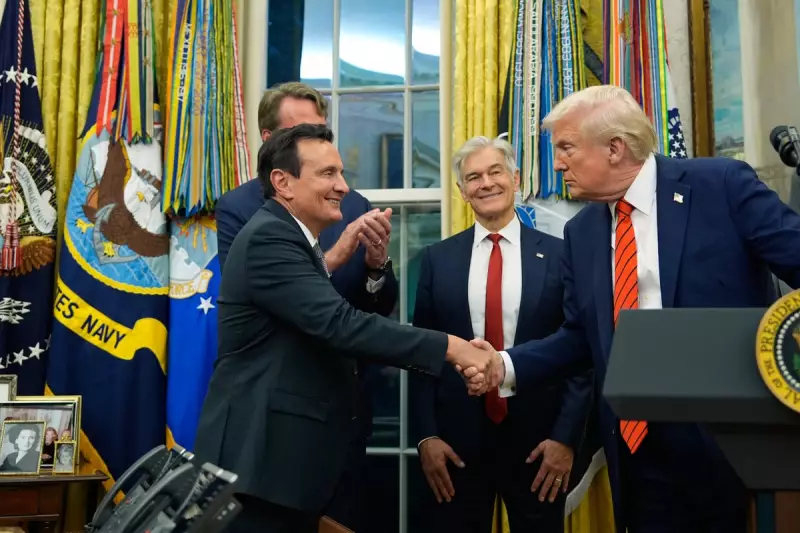
In a significant departure from industry practice, British-Swedish pharmaceutical giant AstraZeneca has revealed plans to make its expensive cancer treatments available to America's most vulnerable patients through the Medicaid programme.
A New Approach to Pharmaceutical Accessibility
The landmark decision means that low-income Americans covered by Medicaid will now have access to cutting-edge cancer medications that were previously financially out of reach. This move represents a substantial shift in how major pharmaceutical companies approach healthcare accessibility for disadvantaged communities.
Challenging Industry Conventions
Traditionally, expensive specialty drugs like cancer treatments have been largely inaccessible to Medicaid patients due to complex pricing structures and reimbursement challenges. AstraZeneca's new initiative directly addresses this gap, potentially setting a new precedent for the entire pharmaceutical industry.
What This Means for Patients
The policy change could be life-changing for thousands of Americans battling cancer who rely on government healthcare assistance. Previously, these patients often faced limited treatment options despite medical advancements in oncology.
Broader Implications for US Healthcare
This development comes amid ongoing debates about drug pricing and healthcare equity in the United States. AstraZeneca's decision may pressure other pharmaceutical companies to reconsider their approach to medication accessibility for low-income populations.
Industry analysts suggest this move could signal a broader trend toward corporate responsibility in healthcare, potentially transforming how life-saving treatments are distributed across different socioeconomic groups.
Looking Forward
As the healthcare landscape continues to evolve, AstraZeneca's Medicaid initiative represents a potentially transformative moment in making advanced treatments more equitable. The pharmaceutical industry will be watching closely to see how this policy affects both patient outcomes and corporate practices.





